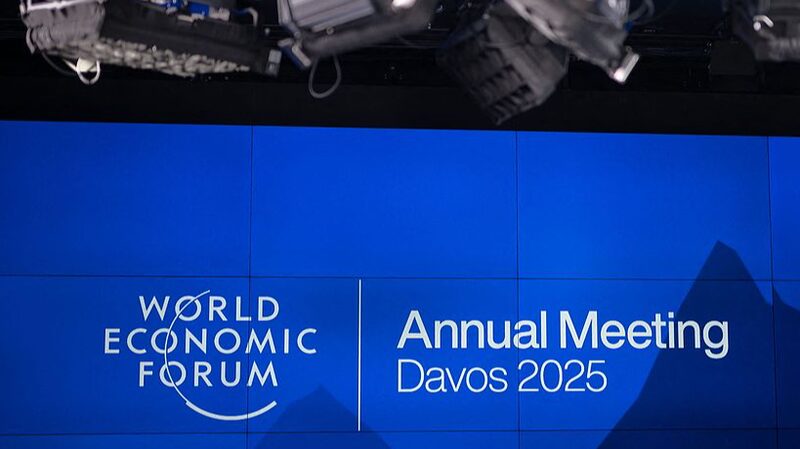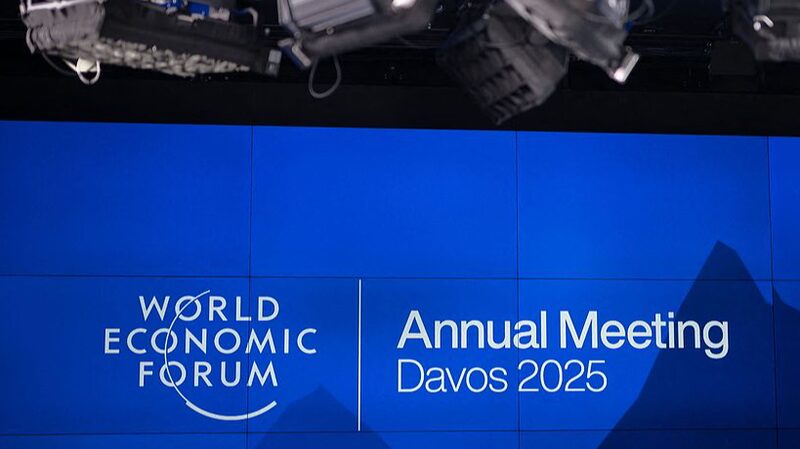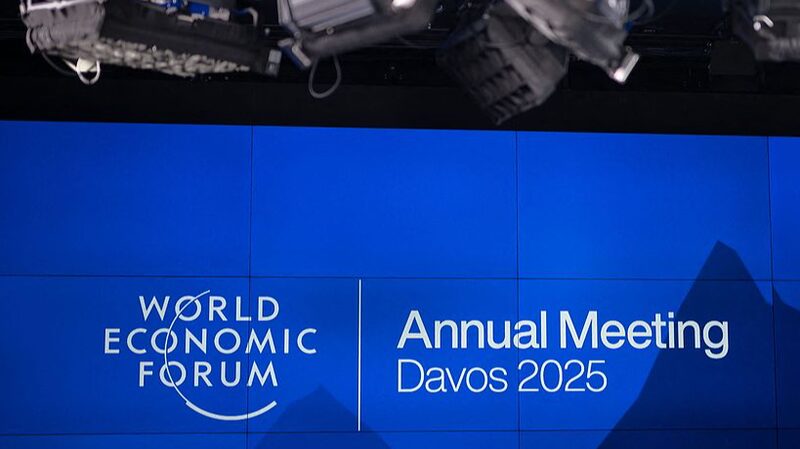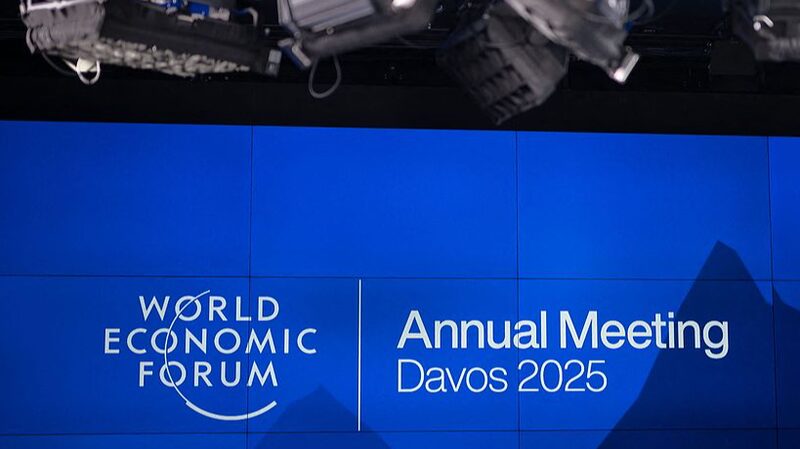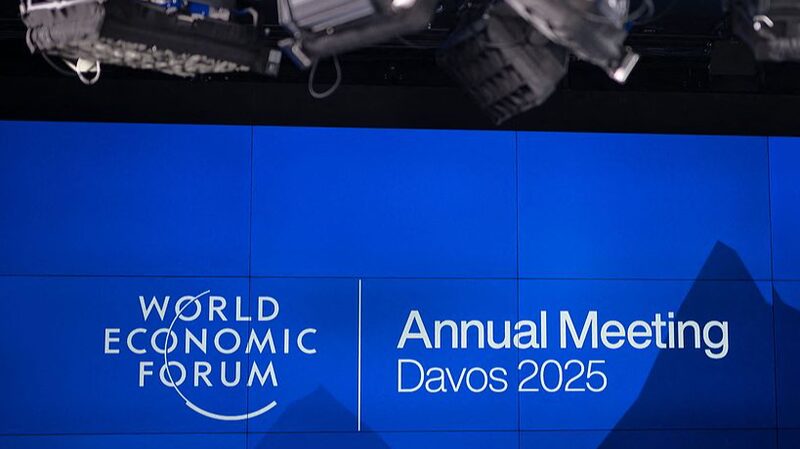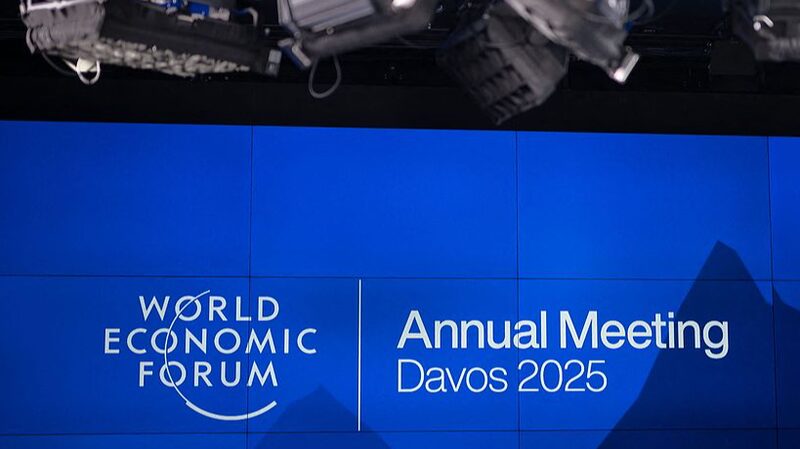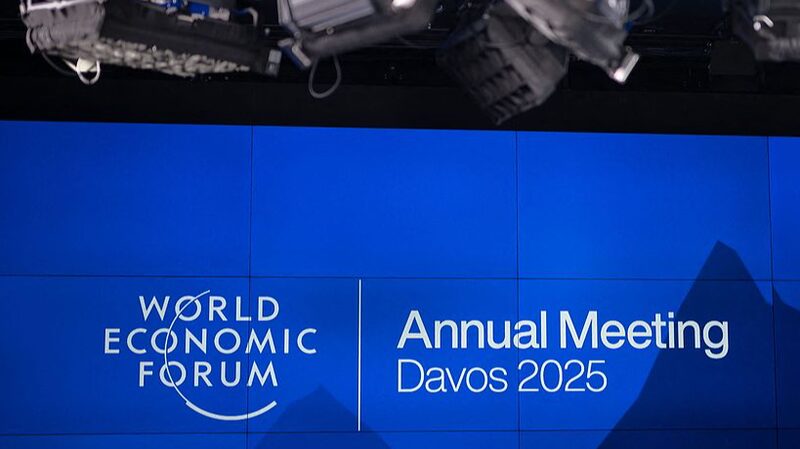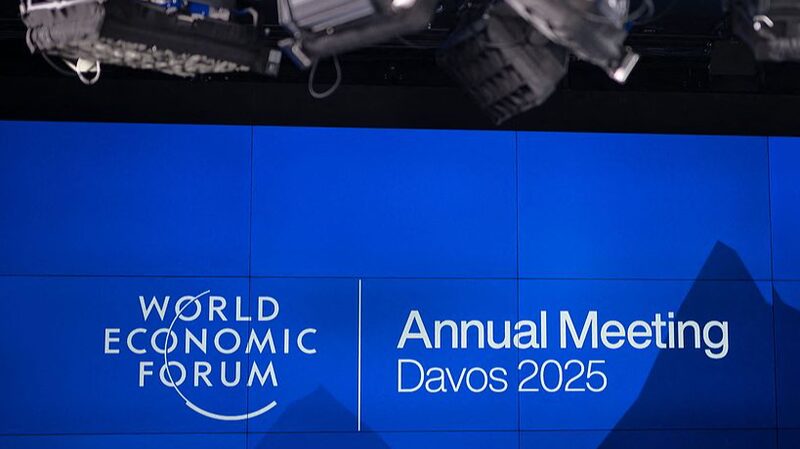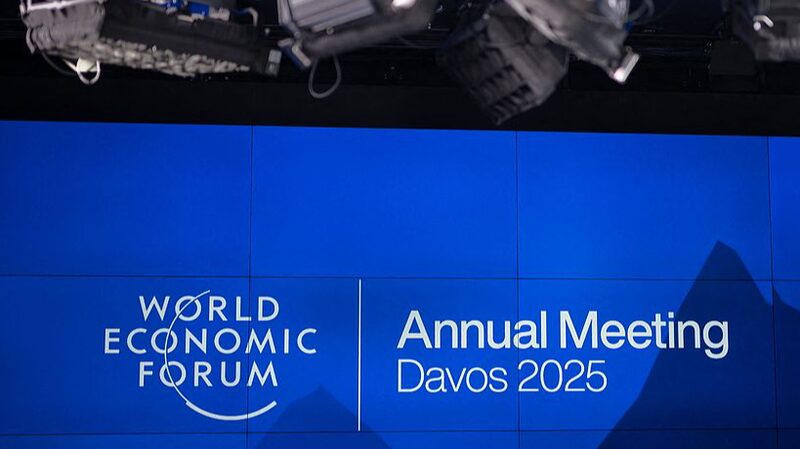The World Economic Forum (WEF) is gearing up for its annual meeting in Davos, Switzerland, scheduled from January 20 to 24. This significant event is expected to bring together nearly 3,000 leaders from politics, academia, and business, including 60 heads of state and government.
Throughout its history, the WEF has been a catalyst for pivotal discussions and agreements that have shaped global affairs. For instance, in 1992, Nelson Mandela and F.W. de Klerk met in Davos for the first time outside South Africa, symbolizing a turning point in the fight against apartheid. In 1998, amidst a financial crisis, the idea of creating a dialogue platform between developed and developing nations emerged, laying the groundwork for the Group of 20.
As we approach Davos 2025, the agenda is more critical than ever. The theme for this year's meeting is \"Collaborating for the Intelligent Age,\" highlighting how converging technologies are rapidly transforming our world with the potential to both uplift and divide humanity. Geopolitical and economic uncertainties, trade tensions, cultural polarization, and climate challenges are becoming increasingly complex and interconnected.
Meanwhile, breakthroughs in quantum computing, biotechnology, and artificial intelligence offer unique opportunities to enhance productivity, improve living standards, and reduce poverty and inequality. Under the overarching theme, the forum will focus on five priorities: \"Rethinking Growth,\" \"Industries in the Intelligent Age,\" \"Investing in People,\" \"Safeguarding the Planet,\" and \"Rebuilding Trust.\"
The WEF's upcoming meeting aims to foster collaboration among global leaders to address these pressing issues and harness technological advancements for the betterment of society. As the world navigates this transformative period, the discussions and decisions made in Davos will undoubtedly have far-reaching implications for Asia and beyond.
Reference(s):
cgtn.com
